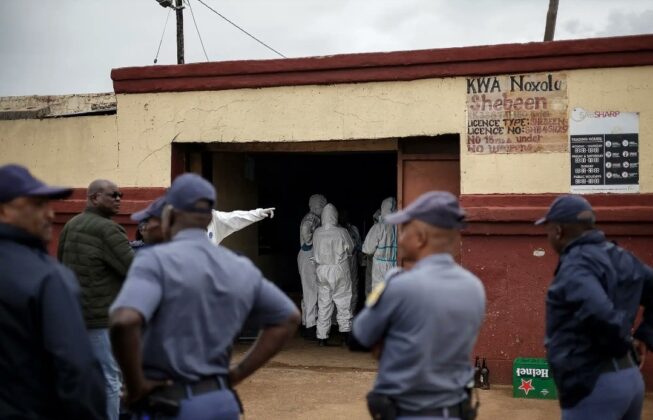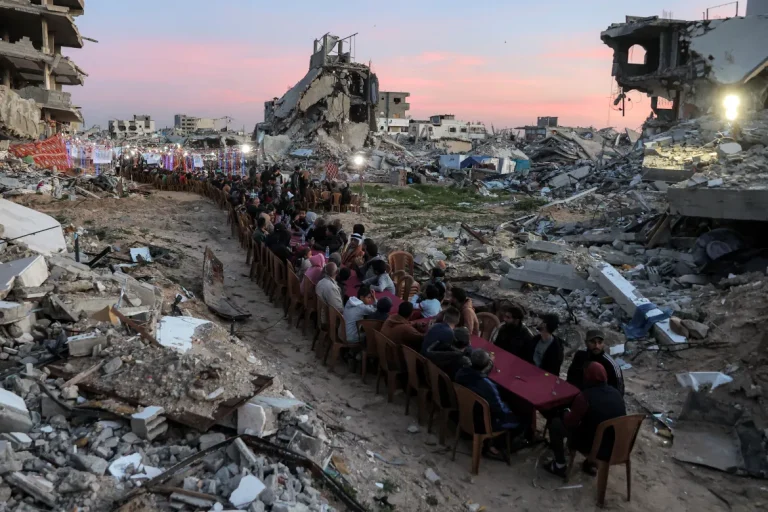
Detained Congolese soldiers are loaded onto trucks, to be taken to an unknown location on January 30, 2025 in Goma, Democratic Republic of the Congo. Image: Daniel Buuma/Getty Images.
(The Post News)– Rwanda and the Democratic Republic of Congo (DRC) have reached a draft agreement that could end decades of conflict and are expected to officially sign it next week.
These developments are a result of the U.S. and Qatar’s involvement. Both nations provided for the “disengagement, disarmament and conditional integration” of armed rebels fighting in eastern DC. The agreement also includes provisions for a joint security mechanism to prevent future violence and hostility.
The US Senior Advisor for Africa, Massad Boulos, said he is proud to have led three days of peace talks, which resulted in the initialling of the peace agreement by delegations from the DRC and Rwanda. Boulos expressed eagerness over hosting the foreign ministers next week to sign the agreement on June 27, which will be witnessed by @SecRubio. According to Boulos, they are collaborating to bring about enduring peace and stability in the region.
It is reported that the deal could benefit DRC and Rwanda through billions of dollars of western investment in the mineral-rich region, which has been negatively challenged by conflict for three decades.
The United Nations (UN) Security Council had previously adopted a resolution that strongly condemned the offensive by M23 rebels in the eastern DRC. The Council demanded that the M23 immediately cease hostilities and withdraw from all areas that it controls. The UN then instructed the Rwanda Defence Forces to stop supporting the armed group and immediately withdraw from Congolese territory without preconditions.
Furthermore, the Council demanded both nations allow and facilitate safe, immediate and free humanitarian access to all people in need, as well as the restoration of basic services such as healthcare, water, electricity and communications.
However, Rwanda had firmly denied any links with the M23, insisting its military presence in the region is a defensive measure against threats posed by armed groups like the Democratic Forces for the Liberation of Rwanda (FDLR) – a rebel group composed largely of ethnic Hutus linked to 1994.
According to the Center for Global Conflict, between 900 people, by UN estimates, and 2,000 people, by Congolese government estimates, were killed in the offensive on Goma by the M23, with approximately six million deaths since 1996. Their study also reveals that the M23 is the latest in a series of Rwanda-backed militant groups that have been fighting for territory and valuable natural resources in the eastern Congo since the late 1990s.



